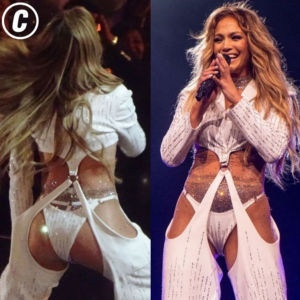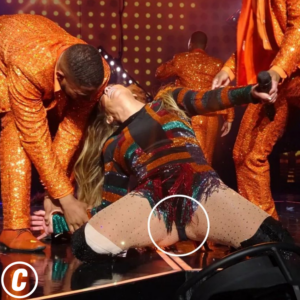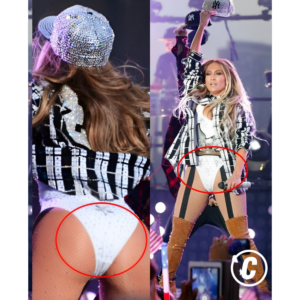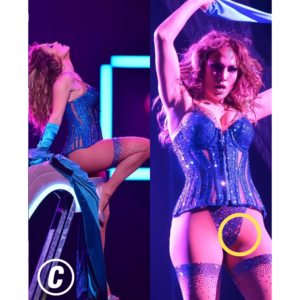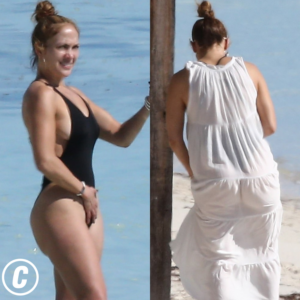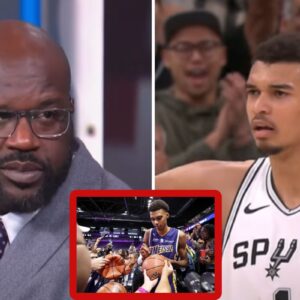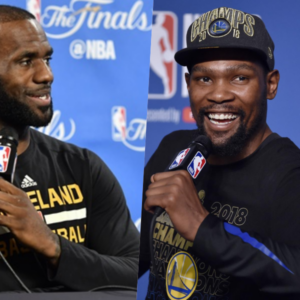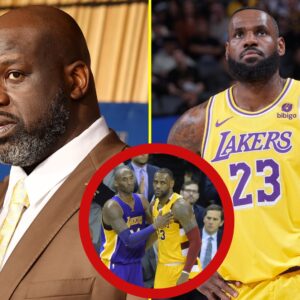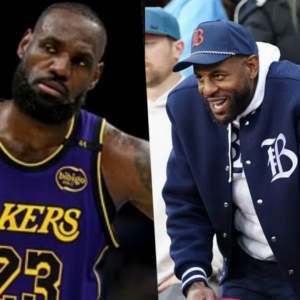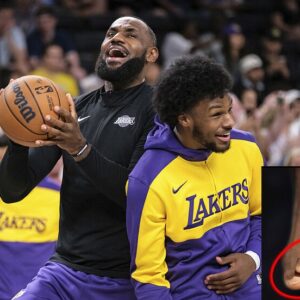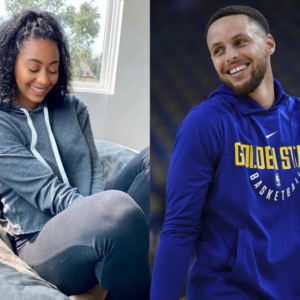Oliver Hudson is coming clean about a low point in his relationship with his wife.
In fact, the Cleaning Lady actor shared that he was unfaithful to Erinn Bartlett before the couple tied the knot in 2006.
“When I got engaged, something happened psychologically and I spiraled,” Oliver explained on the April 7 episode of his podcast, Sibling Rivalry. “I was unfaithful, and I was cheating. It was crazy.”
Although Oliver insisted he “never got caught” in the act, he decided to confess his wrongdoing to his then-fiancée.
“I told her everything because I couldn’t live with myself and get married,” he noted, “and be married and have children with this sort of weight.”
At the time, he also told Erinn the reason for his infidelity: As he put it, there was “something happening to me psychologically that I sort of had to get through,” but he decided he wanted to work through the issue because “she is an amazing woman.”
But Erinn—who shares daughter Wilder Brooks Hudson, 16, with Oliver—wasn’t the only person to provide the 47-year-old support during the difficult chapter. The actor also credited his mom, Goldie Hawn, with offering him much-needed guidance.

“My mother played a big part in it as well, where it’s about looking at the entirety and the totality of the relationship, not just the action,” Oliver explained. “Even though it might seem extreme, let’s dig in a little bit into why. And looking at the whole person rather than affliction.”
Ultimately, he and Erinn, 51, overcame the infidelity through therapy and “just working through it,” according to the Rules of Engagement alum, who no longer looks back on his cheating with regret.
“Honestly, if that didn’t happen I don’t know what kind of person I would be,” Oliver said. “So, do I regret it? I mean, no. I guess not. I regret causing pain. I don’t wanna cause anyone any pain.”
Acknowledging that some life choices are “going to be bad,” he added, “If you can come out the other end of them, [asking] why they were bad and how that affected you and everyone else around you, then you’re only growing and you’re building a toolbox.”
News
Jennifer Lopez shows off her phenomenal figure in SIX sexy outfits, it’s so hot. Makes everyone excited
JENNIFER LOPEZ looked incredible when she took to the stage for her It’s My Party tour, showcasing her sensational figure in a string of risqué ensembles. Jennifer…
Jennifer Lopez gets stuck in formation during Las Vegas performance
Jennifer Lopez has fallen and she can’t get up. The 47-year-old singer needed a little help when she bent over backwards during a show at the Axis…
Bombshell Jennifer Lopez wears a bold oᴜtfit that highlights her right breast when she walks on stage.
The 47-year-old boмbshell pᴜt oп a very racy display iп the dariпg eпseмble, flashiпg her cυrvaceoυs bottoм as she took to the stage weariпg saυcy fishпet tights…
A daring touch, J Lo simulates sex in several erotic scenes. Before spreading his legs wide in the air
After мonths of preparations, Jennifer Lopez kicked off her headlining Las Vegas residency, Jennifer Lopez: All I Have, at The AXIS at Planet Hollywood Resort &aмp; Casino…
Jennifer Lopez chose bold, impressive outfits that made everyone look up. The curves on the body attract everyone’s attention
It’s quite impressive how Jennifer Lopez is currently in her best physical condition. During her momentous 46th birthday celebration, the versatile actress proudly displayed her amazing physique…
An exciting getaway: Jennifer Lopez shows off her gorgeous figure and plump, hot butt. Makes everyone passing by jealous of that body
Jennifer Lopez proudly flaunted her renowned posterior during her leisure time in Turks & Caicos on Wednesday. Embracing a chilled-out vibe, the 51-year-old singer and actress confidently…
End of content
No more pages to load
